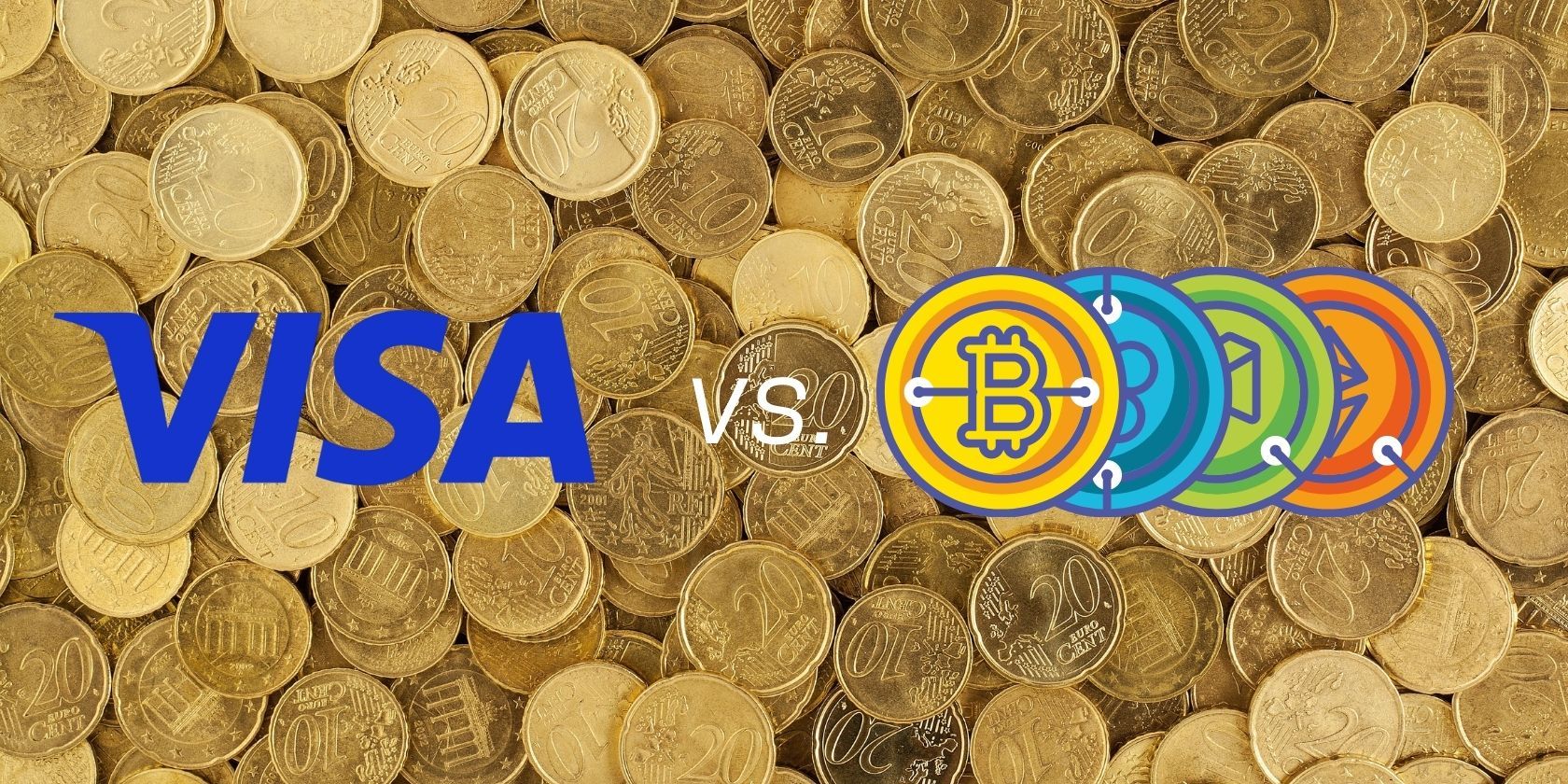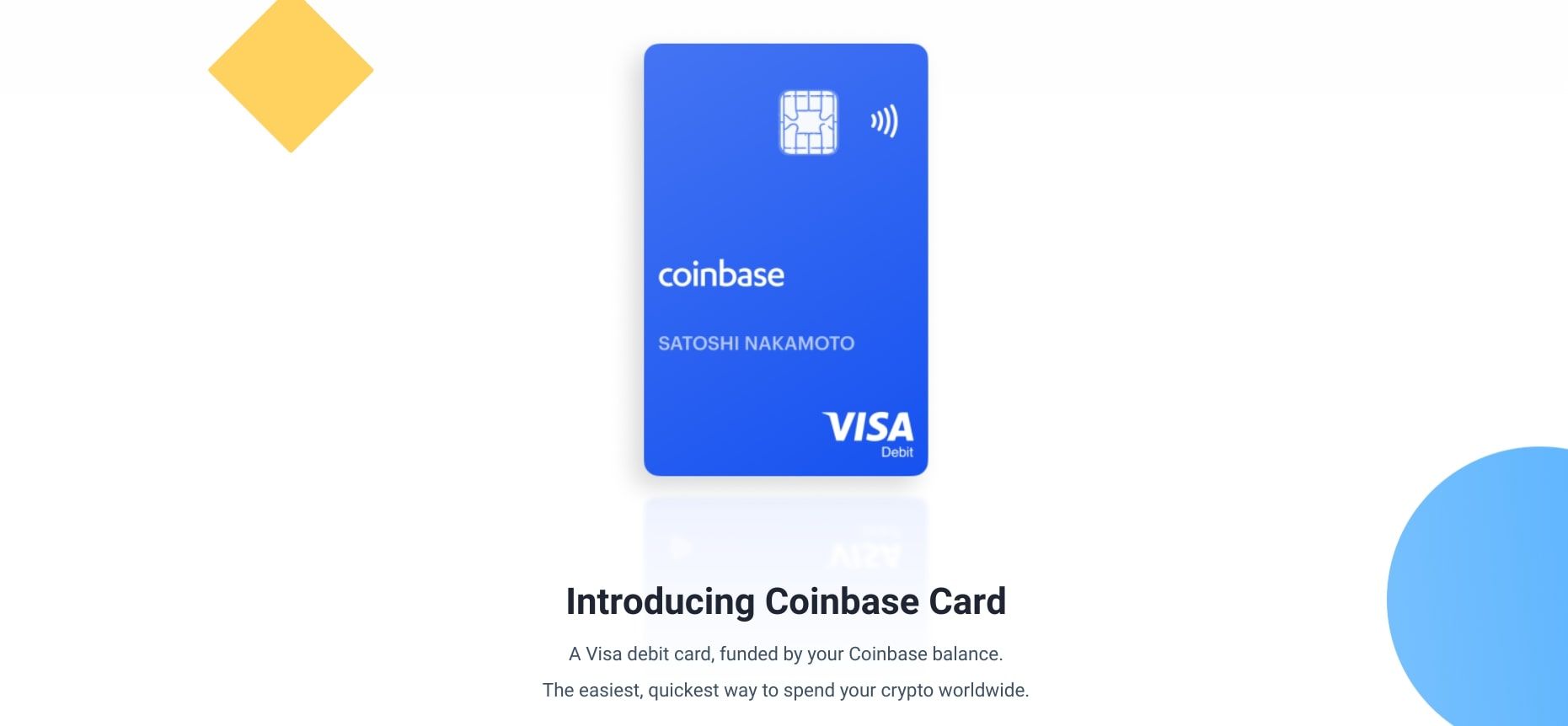Around the world, over 2.5 billion people use Visa cards, which makes Visa the most popular payment card in existence. However, the rapidly rising popularity of crypto has made decentralized currencies a competitor to Visa.
So, which is better across the board? Let's find out.
Visa and Crypto's Eco-Friendliness
Between crypto and Visa, billions of payments are processed every single day. But which of these two payment methods has a more serious effect on our environment?
As you may have heard before, cryptocurrency can be quite bad for the environment. A number of processes involved in the crypto industry, particularly mining and transactions, eat up a huge amount of energy. In fact, it has been found that the mining of Bitcoin alone requires more electricity than is required by entire countries, such as Argentina.
But is Visa just as bad as cryptocurrency in terms of eco-friendliness? Well, let's take a look at the numbers to answer this question.
It was found by Statista in March 2022 that 100,000 Visa transactions use up 148.63 kWh of electricity. Meanwhile, just one Bitcoin transaction uses 2,258.49 kWh of electricity. In another study, Statista discovered that one Ethereum transaction uses 238.22 kWh of electricity, which may be a lot less than Bitcoin, but is still a mammoth amount compared to that used in Visa payments.
So, there's a shockingly large difference in the energy requirements of these two payment methods—and Visa comes out on top when it comes to environmental sustainability. But does Visa take the trophy over cryptocurrency in other areas, too?
Visa and Crypto's Transaction Speeds
In our modern, fast-paced lives, speed and convenience are paramount. This is why it's important to have a payment method that doesn't involve long waiting times. But how do Visa and crypto compare in this case?
It currently takes around ten minutes for one Bitcoin transaction to be processed, and the blockchain itself can only process 4.6 transactions every second. On the other hand, a Visa payment takes mere seconds, and the network can process over 1,700 transactions per second. So, in terms of convenience, Visa takes the cake over crypto once again.
Another crucial element required in payment processing services is security. So, between crypto and Visa, how do the security and privacy levels compare?
In terms of convenience, speed isn't all that Visa can offer. While crypto is now being accepted in more and more businesses around the world, the majority do not currently take payments in this form. So, if you were to choose crypto as your sole payment method across the board using a payment processing app or similar, you'd find yourself running into many limitations.
This is where Visa comes out on top once again. The majority of businesses out there currently accept Visa payments, so you can do almost anything with your Visa card.
Visa and Crypto's Security
It seems like Visa is consistently outshining crypto so far, but this may not be the case when it comes to security. There happen to be pros and cons offered by both payment methods in terms of the protection they can offer users.
One thing that cryptocurrency can offer over many other payment methods is an incredibly high level of security. By nature, blockchains are very difficult to hack and alter due to their decentralized and cryptographic nature.
Additionally, cryptocurrency wallets and exchanges often have a focus on security, offering a range of great features like two-factor authentication, cold fund storage, and address whitelisting.
But this doesn't mean that it's impossible for hackers to steal cryptocurrency. Thousands of people have fallen victim to such attackers, with their private keys, seed phrases, or other sensitive data being stolen so that their funds can be transferred elsewhere without their permission. Cybercriminals have stolen billions in crypto over the past decade or so, and there's another glaring issue associated with crypto theft.
Because crypto isn't recognized as a national tender by the majority of governments worldwide, it isn't legally protected in the same way as traditional currencies. So, if your crypto gets stolen, you may not be able to get it back through legal prosecution or investigation.
Visa employs a number of security precautions to keep customer funds safe, like online payment verification and fraud or theft protection. But it is generally easier to hack a Visa account than a crypto wallet. So, in terms of security, crypto comes out on top, but it's worth noting that you won't have the same legal rights in the case of crypto theft as you would if your legal tender was stolen.
Though it seems like these two payment methods will always be in competition with each other, an interesting merge is now taking place.
The Merge of Crypto and Visa
Today, a number of crypto platforms offer their own Visa cards—and you can use these to pay with your cryptocurrency! Binance, Coinbase, BlockFi, and a number of other exchanges currently offer a Visa card for users, all of which have their own perks.
Take Coinbase's Visa card, for example. This opens up a whole new world of crypto payment accessibility for users, allowing for instant PIN or contactless payments worldwide—in addition to ATM cash withdrawals. Whenever a payment is made, the funds are taken from your crypto wallet of choice, and are then converted to traditional cash at checkout.
Coinbase's Visa card also doesn't charge transaction fees, as you would see in typical crypto transactions, though there is a small issuance fee charged so that the card can be sent to your address. All in all, crypto Visa cards are a pretty solid choice for those who want to spend their crypto more widely and conveniently.
But it's worth noting that, because crypto is still being spent in this case, this payment method still has a considerable effect on the environment.
Both Crypto and Visa Have Their Pros and Cons
All in all, crypto and Visa can both offer different advantages and disadvantages for users. While crypto offers exceptionally high levels of security, Visa is far more environmentally sustainable, and more convenient to use.
However, with the recent merge of Visa and crypto to produce crypto payment cards, you can now more easily spend your crypto funds around the world. So, if you're big into crypto and want to use it for payments, this could be an option for you.





